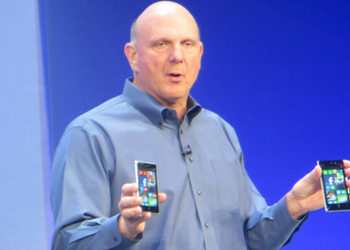
[ad_1]

For all the discussion about whether Tim Cook should be replaced as Apple’s CEO(Opens in a new window), it was Microsoft that opted for a CEO shakeup today with the announcement that Steve Ballmer will step down as CEO within the next 12 months. He will remain in charge until a successor is selected, but Redmond is moving on without him.
In a note to staff(Opens in a new window), Ballmer said Microsoft needs a CEO who “will be here for the longer term” as the firm transforms into the “One Microsoft” Ballmer outlined earlier this summer. One awkwardly phrased sentence said that his “original thoughts on timing would have had my retirement happen in the middle of our transformation to a devices and services company focused on empowering customers in the activities they value most,” suggesting that this retirement is coming a bit earlier than planned.
“This is an emotional and difficult thing for me to do. I take this step in the best interests of the company I love; it is the thing outside of my family and closest friends that matters to me most,” Ballmer wrote.
Ballmer has been with Microsoft since 1980 and has served as its CEO since 2000. But he really took control in 2008 after Bill Gates stepped down as chairman to pursue philanthropic efforts, making Ballmer the public face of Microsoft.
With more than a decade on the job, Ballmer has overseen his share of hits and misses, from the blockbuster sales of the Xbox 360 to the lackluster reception of Windows 8. Check out the slideshow for some of Microsoft’s more notable hits and misses under Ballmer.
1. Hit: Windows 7
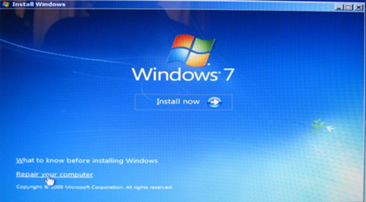
2. Miss: Windows 8

3. Hit: Xbox
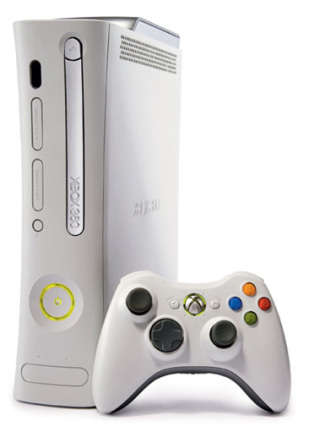
4. Miss (But Maybe a Hit): Windows Phone
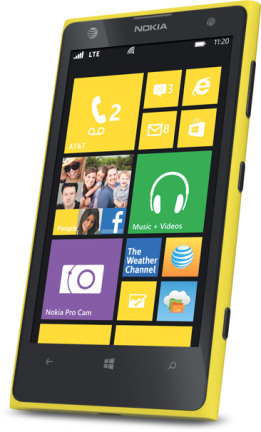
5. Hit: Outlook.com
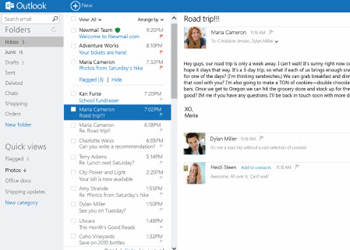
6. Miss: Microsoft Surface Tablets
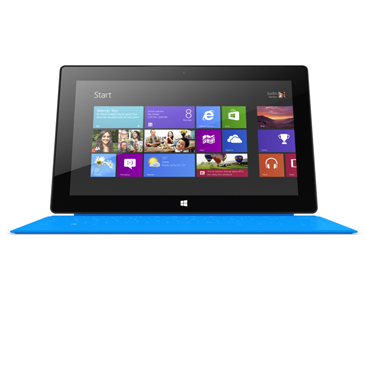
7. Hit: Microsoft Office
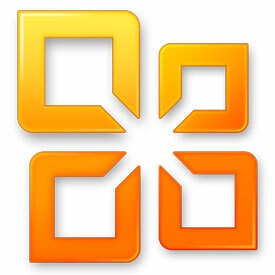
8. Miss: Zune
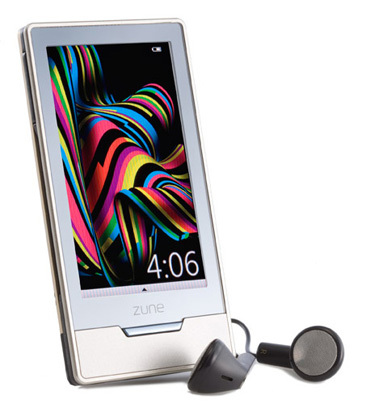
9. Hit: Azure
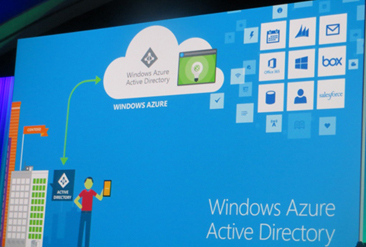
10. Miss: Kin Phones
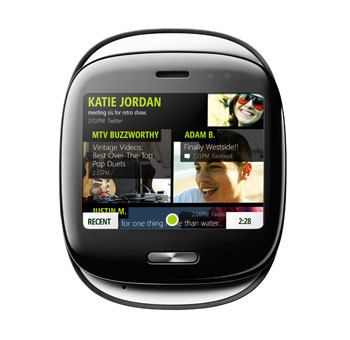
[ad_2]
Source link : https://www.pcmag.com/news/ballmers-biggest-hits-and-misses-at-microsoft